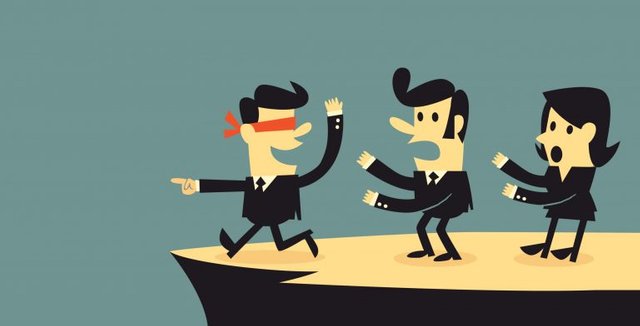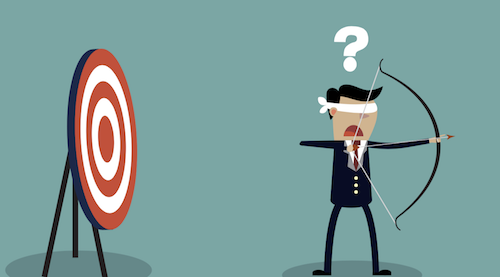You should learn from your mistakes.
As humans, we are also by nature, losers. We are also liable to take poor choices, whether we realize it or not. It is part of the human condition. Whenever a person experiences the excitement of creating something, it's natural to lose focus and believe that the end result of the process is something that is already perfect or more successful than it ever could have been in the beginning. We also see people that are successful, go on to achieve impressive successes without knowing what they did.
It's not something we normally ever talk about because it seems so normal that some people will purposely make their mistakes, hide them, and blame those mistakes on the people or circumstances that they didn't do the same to themselves. Instead of focusing on the problem, people either try to use their mistakes to manipulate others into believing that there is a problem that they can't correct, or the problem they face, or other people will use the situation to try and manipulate them.
The point here is not to show that all humans are incapable of doing this, but instead that it is important for individuals to stop taking the blame for their mistakes, and to own their mistakes. This can be done by accepting that they are mistakes and not blame, and learning to accept the responsibilities that come with responsibility. Such responsibility does not come lightly. Accepting blame is a large part of understanding responsibility. Taking responsibility takes extra time, effort, and discipline.
In case you don't know, bad luck includes not being able to face your fears or deal with the pain of rejection. It also includes your disappointment when you fail to achieve the right type of outcome in your goals. You either learn from your mistakes and make adjustments or you don't. If you are a master of decision-making, you take all the appropriate steps in the right direction and automatically walk away to a clean slate.
Such people are often cynical, self-deprecating, or very pessimistic about their situation, even when not telling the truth. Such people are prone to feel that everything is their fault and they don't deserve any help or respect. Others might deny their own failings. Although, when they do acknowledge their shortcomings, they're still quick to distance themselves from these failures, as if they were something anyone could do.
When others try to cast blame on you, most of the time they are not trying to understand, but only to push your buttons and make you feel guilty for their mistakes. They only see their mistake and they want to punish you for it, and you try to avoid them. While a genuine apology can make a big difference in how you'll feel about an action, blame and suffering for a mistake will make you stay away from the person who caused your problems in the first place.
When you believe you have no agency and can't change, you are responsible for the bad things that happen to you. Then you can put the blame on others, and put the blame on something that you can't control: others. We can only control our ability to learn from our mistakes and accept the consequences of making the wrong decisions. This includes our own thoughts and actions. We can also influence the way others see and perceive us. With a little knowledge and experience, you can alter how others see you.


You make a very good point of what humans are like.